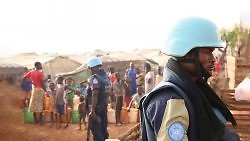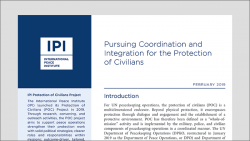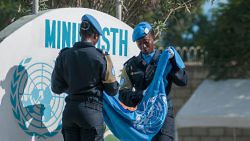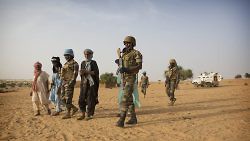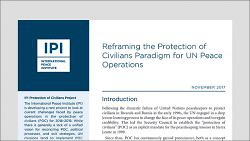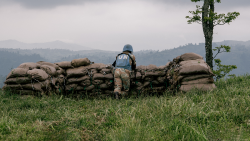
The challenging environments where many contemporary UN peace operations are deployed can take a toll on the mental health of both uniformed and civilian personnel. This has led to increased attention to questions around mental health in peace operations, and in 2018, the UN made mental health and well-being a system-wide priority. Yet two years […]
Read more
